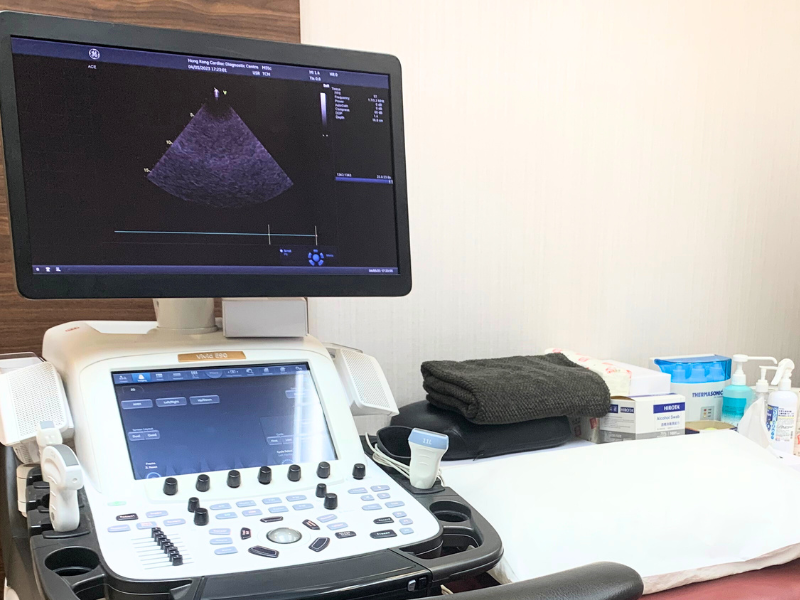
Stress Echocardiogram
Stress echocardiogram, also known as stress echo or stress echocardiography, is a medical examination technique that assesses the functional status of the heart under high-demand conditions. It involves using ultrasound imaging to scan the heart while the patient undergoes continuous vigorous exercise or is subjected to pharmacological stress, placing the heart under a heightened workload. In this state, the doctor utilizes ultrasound to observe the heart’s motion and blood flow, evaluating its functional status. This examination can help doctors detect early signs of heart disease, such as coronary artery disease and cardiac hypertrophy. It can also assist in assessing overall cardiac function, including the heart’s pumping ability and contractile function.
Exercise Stress Echocardiogram
Exercise stress echocardiogram is a medical examination that evaluates the functional status of the heart under exercise-induced stress using ultrasound imaging. During the test, the patient typically performs continuous vigorous exercise on a treadmill or other exercise equipment to put the heart under a high workload. The doctor uses ultrasound to observe the heart’s motion and blood flow, assessing its functional status. This examination helps in assessing the heart’s response to exercise and can provide valuable information about its overall function and any potential abnormalities.
Pharmacological Stress Echocardiogram
Pharmacological stress echocardiogram is a medical examination that evaluates the functional status of the heart under high-demand conditions induced by medication. During the test, the patient is typically injected with a medication that stimulates the heart, putting it under a heightened workload. The doctor uses ultrasound to observe the heart’s motion and blood flow, assessing its functional status. This examination provides valuable information about the heart’s response to pharmacological stress and helps in evaluating its overall function and detecting any potential abnormalities.

